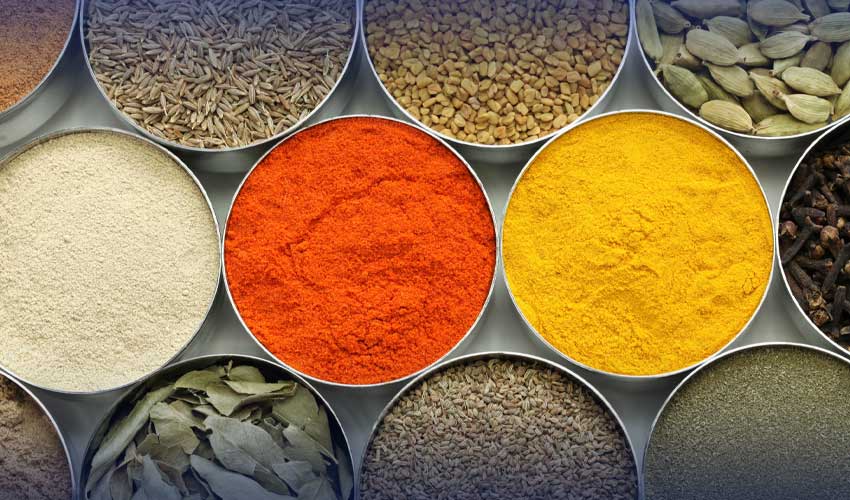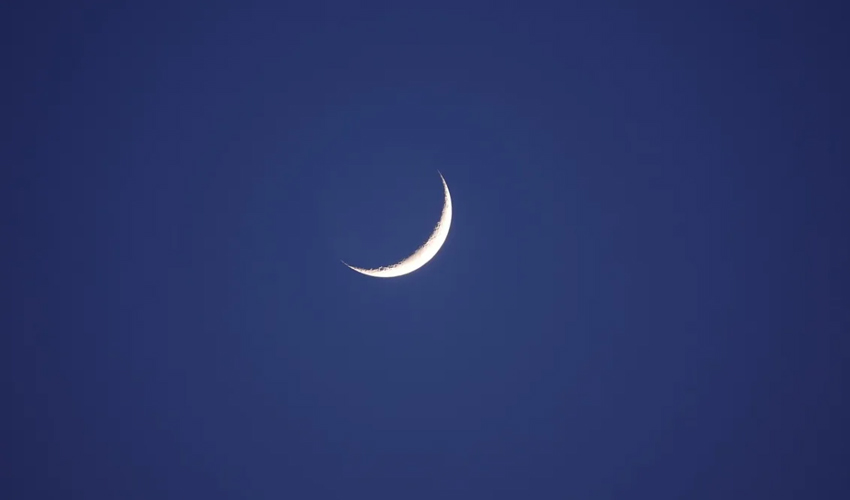Indian spices have recently come under scrutiny on the global stage due to concerns over their quality. The Hong Kong Food Safety Center sounded an alarm regarding several Indian spice companies, citing the presence of a toxic chemical known as ethylene oxide.
This chemical, which is banned in many countries due to its links to cancer, has raised serious worries about the safety of Indian spices.
The issue isn't isolated. Singapore, Maldives, and Hong Kong have all taken decisive action, banning Indian spices from their markets.
The European Union Food Safety Authority has also taken a stand, banning over 500 Indian spices in the past five years alone.
Also read: Concerns rise over Modi govt's anti-Muslim rhetoric
But the problem extends beyond spices. Nuts, dry fruits, and other food items from India have also been flagged as substandard, prompting global concern.
In the United States, the situation reached a critical point last year when over 30% of spices imported from India were rejected due to toxicity and chemical adulteration.
The pharmaceutical sector isn't immune either. Indian pharmaceutical companies have gained a reputation on the global stage for producing substandard medicines.
In a tragic incident in February 2024, 68 children in Uzbekistan lost their lives after consuming cough syrup imported from India.
Investigations revealed alarming levels of ethylene glycol in the syrup, highlighting serious lapses in safety standards.
Critics argue that while these issues persist, the Modi govt appears more focused on pursuing its political agenda than addressing pressing concerns about food and drug safety.

























